How to Lower Blood Pressure — Naturally
Updated Nov. 2 2020, 2:28 p.m. ET
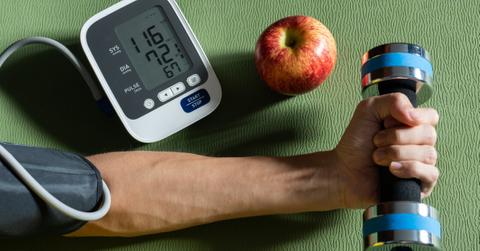
When the heart beats, it pushes blood through your arteries, putting pressure on your arterial walls. This is what is meant by blood pressure and it’s a pretty important part of the equation when it comes to living. High blood pressure, otherwise known as hypertension, throws the whole equation out of whack. And while some temporary high blood pressure due to anxiety can be easily dealt with, long-term hypertension can lead to serious health complications.
Uncontrolled high blood pressure can result in a higher risk for stroke, heart disease, heart attack, and kidney failure. Fear not, though. There are many ways to get high blood pressure in check and not all of them involve medication. In fact, many of the solutions to this fairly common condition are not only natural, but they may also help you to live a healthier life.
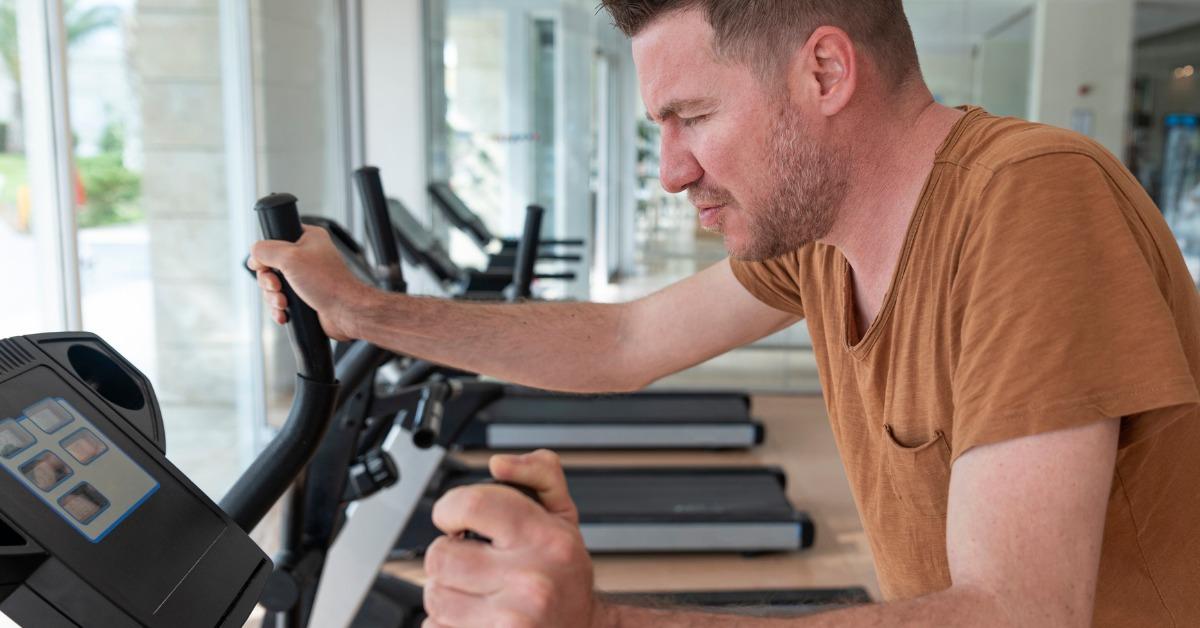
What is high blood pressure?
A normal range for blood pressure is generally considered anywhere between less than 120 on top and less than 80 on the bottom. If your levels are between 120 and 139 on top and between 80 and 89 on the bottom, you’re at prehypertension levels. If your levels are between 140 and 160 on top and between 90 and 99 on the bottom, you have high blood pressure, and you should see a physician. Honestly, if you’re over 30 and have high blood pressure, you should probably be checking it fairly often anyway.
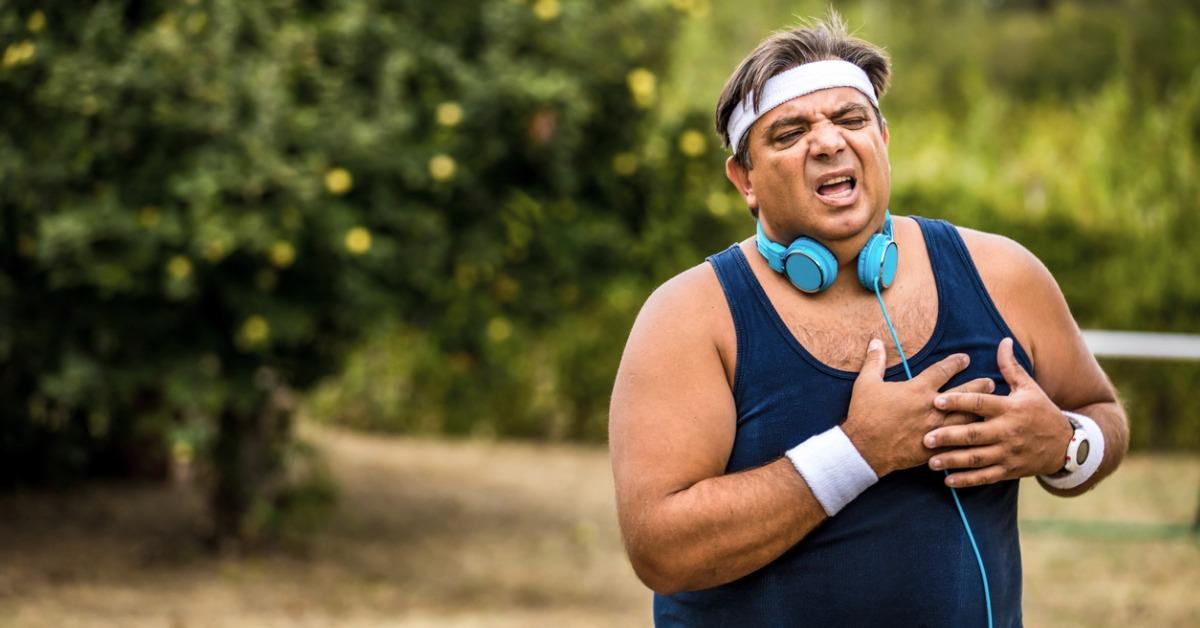
What causes high blood pressure?
A lot of things can cause high blood pressure in the first place. Diets high in salt, fat, and/or cholesterol are the usual suspects, of course. But food, lifestyle, genetics, and even some medications can all cause increases in blood pressure. Chronic conditions, such as hormone or kidney problems, diabetes, and high cholesterol can cause high blood pressure as well. Your age plays a part, as does your lifestyle. The less physical activity you do, the more sedentary your life, the higher the chances that your blood pressure levels will be elevated.
Then, of course, there’s stress. It’s a stressful time, there is no denying it, and that level of anxiety can play a key role in how hard our blood is pumping. Being overweight doesn’t help either. Even race can be a factor. For example, non-Hispanic Black people are more likely to have high blood pressure than people of other races, according to the American Heart Association.
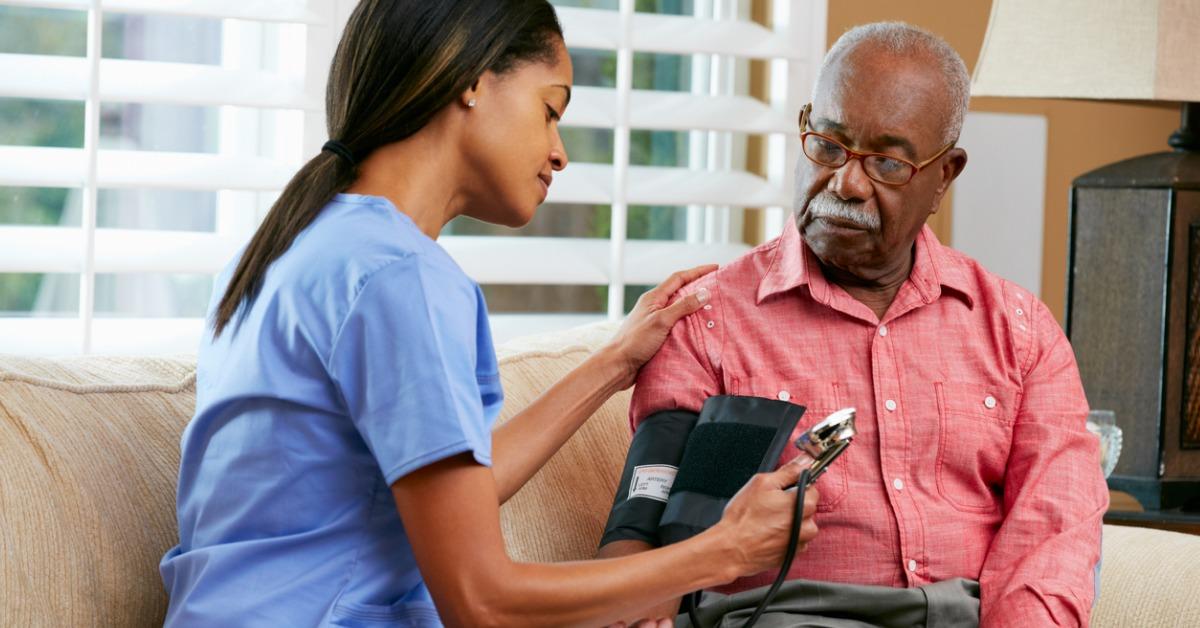
What are the symptoms of high blood pressure?
How do you know if you might have high blood pressure? Well, the most obvious way is to go to a doctor and have them check with a blood pressure cuff. That isn’t always an option, however. So what symptoms might you experience if you have undiagnosed high blood pressure? The thing is, many of those who have high blood pressure don’t even have any symptoms. That is why it’s such a dangerous condition.
Nevertheless, some people experience headaches, nosebleeds, or shortness of breath as a result of their hypertension. But these can all be symptoms of other serious or non-serious illnesses. The best way to determine if you have high blood pressure is to get it checked by a medical professional. Those who are diagnosed with high blood pressure, especially in severe cases, may be prescribed blood pressure medications.
What are the side effects of blood pressure medication?
Have you ever seen a commercial for any sort of new medication? Jardiance, Olestra, etc? You know all that background “auctioneer talk” you hear while the lovely people are out having picnics in the park? Those are the side effects of such medication and some of these lists can be as long as the commercial itself. That’s about two minutes on average. I don’t know about you, but if I’m looking for a medication to lower blood pressure and one of the side effects is “death,” I might look elsewhere.
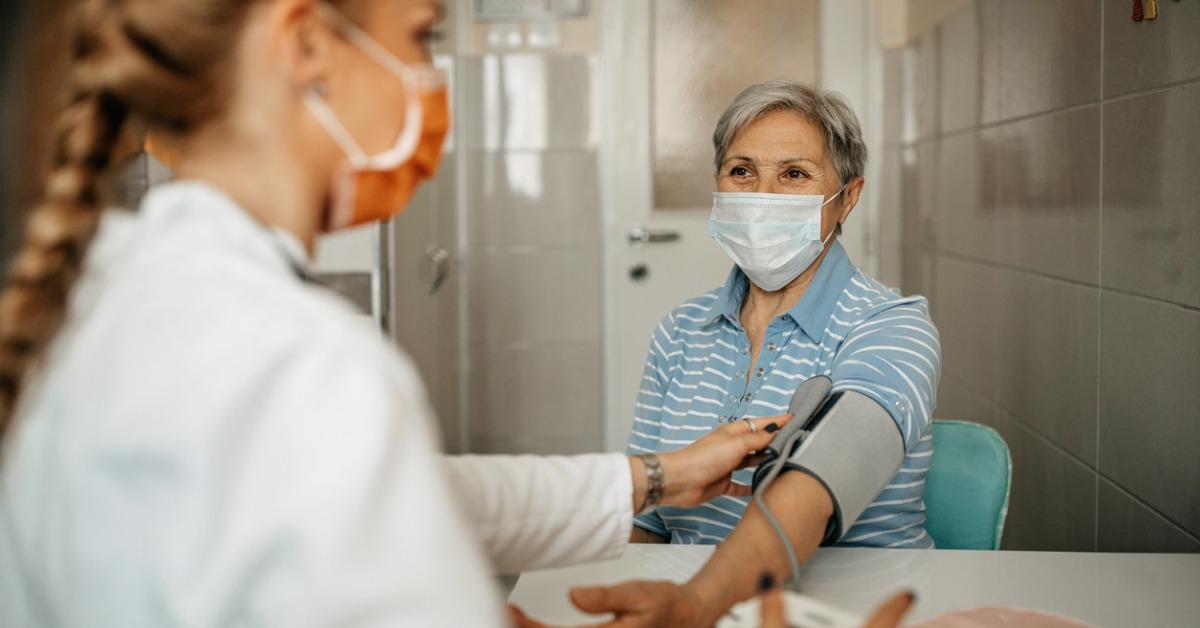
How do I lower my blood pressure naturally?
The easiest way to lower your blood pressure is to enact lifestyle changes. Changes to your diet, exercise routine, and bad habits are all good starts. You can lose weight, stop smoking, and eat a healthier, greener diet. More vitamins, minerals, and leafy vegetables, and less animal products (including meat, dairy, and eggs) and fats will all help immensely in lowering your blood pressure. Note that the only foods cholesterol is found in are animal products.
Eating more potassium-rich foods has been proven to help regulate blood pressure as well. Foods that are high in potassium include nuts and seeds, tomatoes, bananas, avocados, fresh tuna, apricots, and salmon — though fish also contains cholesterol, so the bad could outweigh the good here.
Stress reduction is also key. Learn to meditate, spend time outdoors, and find ways to soothe yourself when things make you anxious. Less salt, alcohol, and caffeine will also help to regulate your mood and your health. You can still indulge, of course, just in moderation.
If your blood pressure is the result of something else, say an underlying health condition like diabetes, or your current medication, you should definitely consult a doctor, who can get you on a new medication or work on ways to control your current condition. Always make sure to check with a physician for any concerns regarding your blood pressure or health.